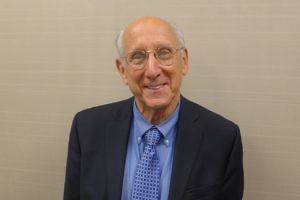At the recent American Association of Immunology (AAI) and American Society of Gene & Cell Therapy (ASGCT) meetings in New Orleans, we had the good fortune to interview a number of leading cancer immunologists about their work. Some of these have already been published either here on Biotech Strategy Blog, or on the Novel Targets podcast.
In the meantime, the huge tsunami of data from the annual meeting of the American Society of Clinical Oncology (ASCO) hit and we have been a bit backlogged! Time to address that and focus on some more thoughtful reflections about where the cancer immunotherapy field is going.
Already, we are seeing another round of new collaborations and deals hit the newswires with AstraZeneca announcing two collaborations, one with Inovio on the INO–3112 HPV cancer vaccine and another with Heptares, where they acquired the exclusive global rights to develop, manufacture and commercialise the adenosine A2A receptor antagonist, HTL–1071. The first involves a cancer vaccine and the second immune escape mechanisms. Not to be outdone, their rivals Clovis also announced a collaboration with Genentech to explore rociletinib (EGFR T790M) with atezoliumab (anti-PD-L1) in EGFR mutation-positive lung cancer.
Cancer vaccines have not, however, been a very successful or fertile area of R&D for Pharmaland to date, with only one such therapy approved by the FDA (sipuleucel-T or Provenge) and literally hundreds of other such compounds consigned to dog drug heaven. This illustrates the sheer enormity of the task we need to undertake in stimulating the body’s immune system to successfully attack the cancer in a sustained and robust way.

Dr Rosenberg, NCI
Despite this setback, there is still notable interest in exploring the innate immune system and finding effective ways to target and stimulate the T cells or T lymphocytes to attack the cancer.
One man who has accomplished an incredible body of work over the last two to three decades is Dr Steven Rosenberg from the NCI’s Surgery Branch (right).
No one who attended any of the cancer conferences where he spoke at over the last year is ever going to forget the dramatic before and after slides of remarkable transformation in his patient case history examples using Tumour Infiltrating Lymphocytes (TILs) as this example illustrates:
To learn more about our latest insights, subscribers can log-in or you can purchase access to BSB Premium Content.
This content is restricted to subscribers

